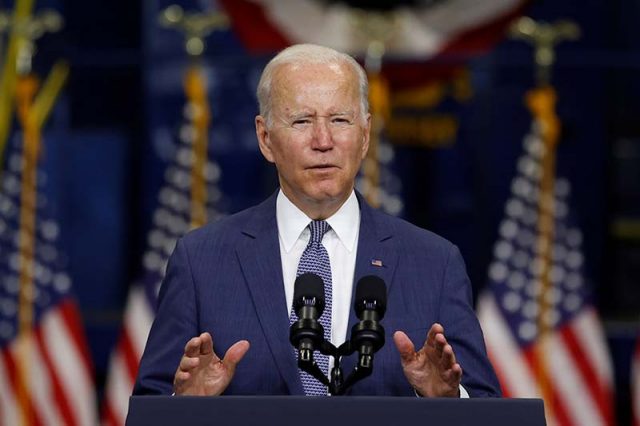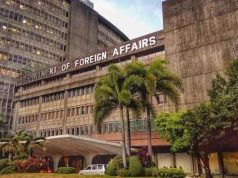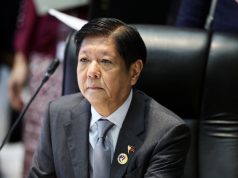
WASHINGTON/BANDAR SERI BEGAWAN — U.S. President Joe Biden will take part in a virtual summit with the Association of Southeast Asian Nations (ASEAN) on Tuesday, the first time in four years Washington will engage at the top level with a bloc it sees as key to its strategy of pushing back against China.
The U.S. embassy in Brunei told Reuters that Biden will lead the U.S. delegation for the ASEAN-United States summit, part of a series of ASEAN leaders’ meetings this week.
The United States has not joined the meetings at the presidential level since Biden‘s predecessor, Donald Trump, attended an ASEAN-U.S. meeting in Manila in 2017.
Analysts say Biden‘s meeting with the 10-nation bloc reflects his administration’s efforts to engage allies and partners in a collective effort to push back against China.
They expect Biden to focus on collaboration on COVID-19 vaccine distribution, climate change, supply chains and infrastructure.
He is also expected to assure ASEAN that a recent U.S. focus on engagement with India, Japan and Australia in the so-called Quad format and a deal to supply Australia with nuclear-powered submarines are not intended to supplant ASEAN‘s central role in the region.
Edgard Kagan, senior director for East Asia at the White House National Security Council, stressed last week that Washington does not see the Quad as “an Asian NATO” and that it was not intended to compete with ASEAN.
He said Washington had an interest in working with ASEAN to ensure supply chain resilience, on climate, and to address “common challenges on maritime issues” – an apparent reference to China’s broad and assertive claims in the disputed South China Sea.
“This will be Biden‘s first meeting with the leaders of ASEAN as president, so he will want to assure them that Southeast Asia matters to his administration,” said Murray Hiebert, a senior associate with the Southeast Asia program at the Washington’s Center for Strategic and International Studies think tank.
Hiebert said ASEAN leaders will be anxious to hear of any U.S. plans to step up provision of COVID-19 vaccines to the region, which has been hard hit by the pandemic, and how Washington plans to engage on trade, investment and infrastructure.
Biden has given no sign of any plan to return to a regional trade framework that Trump withdrew from in 2017, and an Asian diplomat, speaking on condition of anonymity, said the lack of an economic element in U.S. regional engagement was a major gap.
“The piece that is most important for the region, is the economic piece,” the diplomat said. “We’re kind of stuck in that the region says: ‘You’ve put in place a strategic sort of competitive structure with China, but this doesn’t benefit the region at all. And, meanwhile, all of us have got economic relationships growing with China.’”
The ASEAN meetings will take place without Myanmar military leader Min Aung Hlaing, who overthrew a civilian government on Feb. 1 – a rare exclusion for a grouping usually known for non-interference.
Kagan called this a significant step but said more needed to be done to address the challenges Myanmar is facing. —Reporting by Ain Bandial in Bandar Seri Begawan and David Brunnstrom in Washington; editing by Jonathan Oatis









